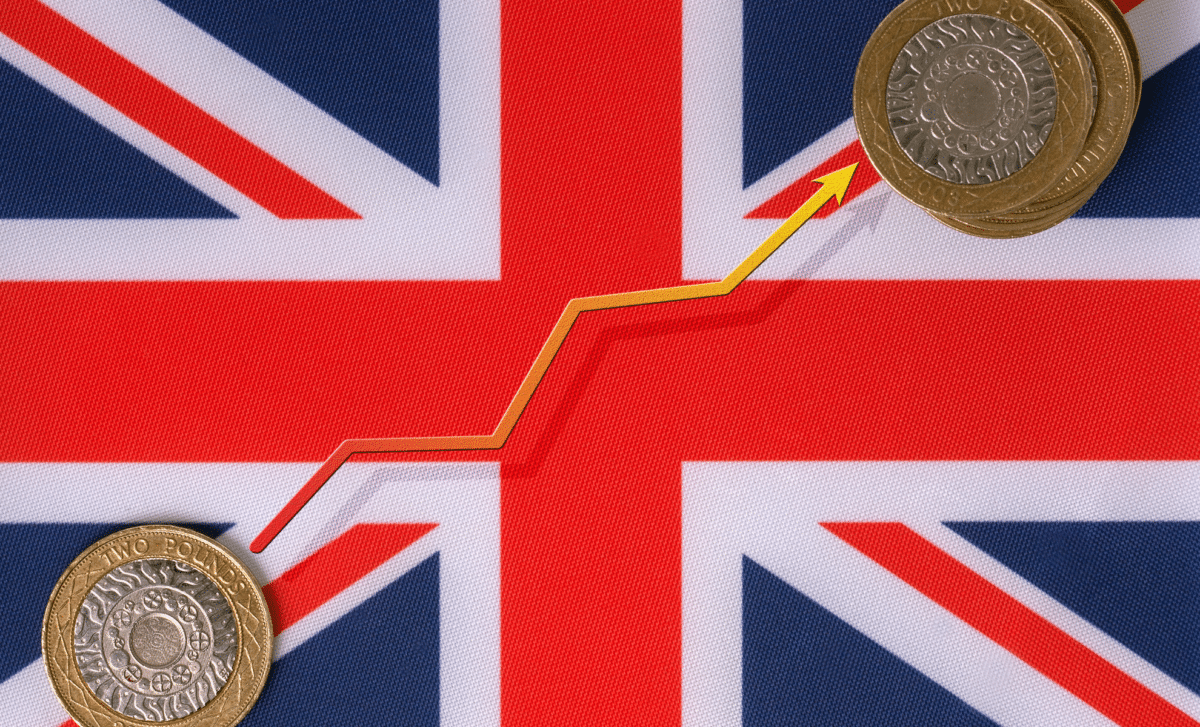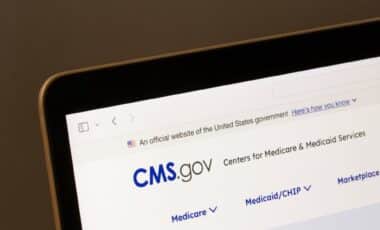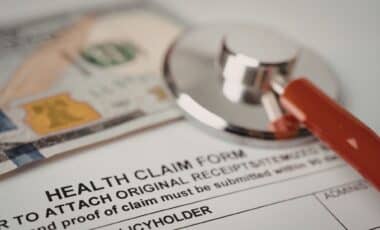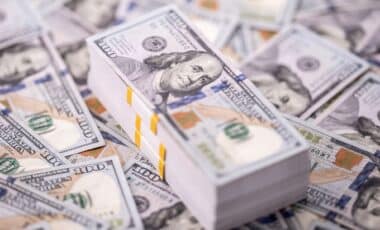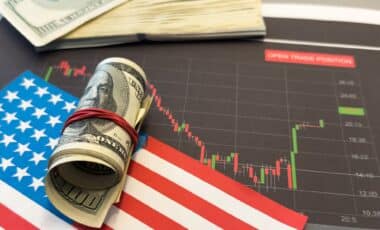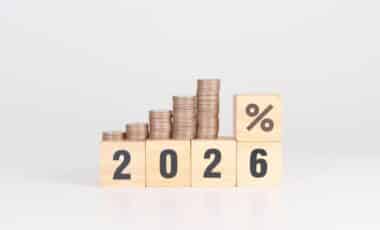Official data showed that the UK economy displayed signs of growth in January after experiencing a mild recession in the second quarter of 2023, offering prime minister Rishi Sunak a glimpse of relief ahead of this year’s election.
The UK Economy Shows Signs of Growth Amid Recession Concerns
A rebound in retailing and house building allowed a 0.2% growth in the gross domestic product after it experienced a 0.1% decline in December, which aligns with economists’ expectations.
“The economy picked up in January with strong growth in retail and wholesaling,” Liz McKeown, a director at the Office for National Statistics, said. “Construction also performed well with house-builders having a good month, having been subdued for much of the last year.”
Nevertheless, it is still too soon to tell whether the UK economy is officially out of recession. GDP fell by 0.3% in the last quarter of 2023 and by 0.1% in the previous one, matching the commonly accepted technical definition of recession in Europe.
Following its initial rebound from the COVID-19 pandemic, Britain’s economy has been extremely slow due to rising energy import costs as a result of Russia’s invasion of Ukraine and, lately, the high interest rates established by the Bank of England.
However, with inflation expected to fall to its 2% target soon after peaking at double digits in much of the previous year, consumer spending pressures are beginning to ease, and the Bank of England is starting to evaluate when to lower interest rates.
The announcement of the GDP data caused sterling to weaken as opposed to the US dollar and the euro, and investors increased their bets on a rate drop in June, despite the fact that the initial drop is not fully priced in until August.
Political Friction Impacts UK Economy’s Recovery

